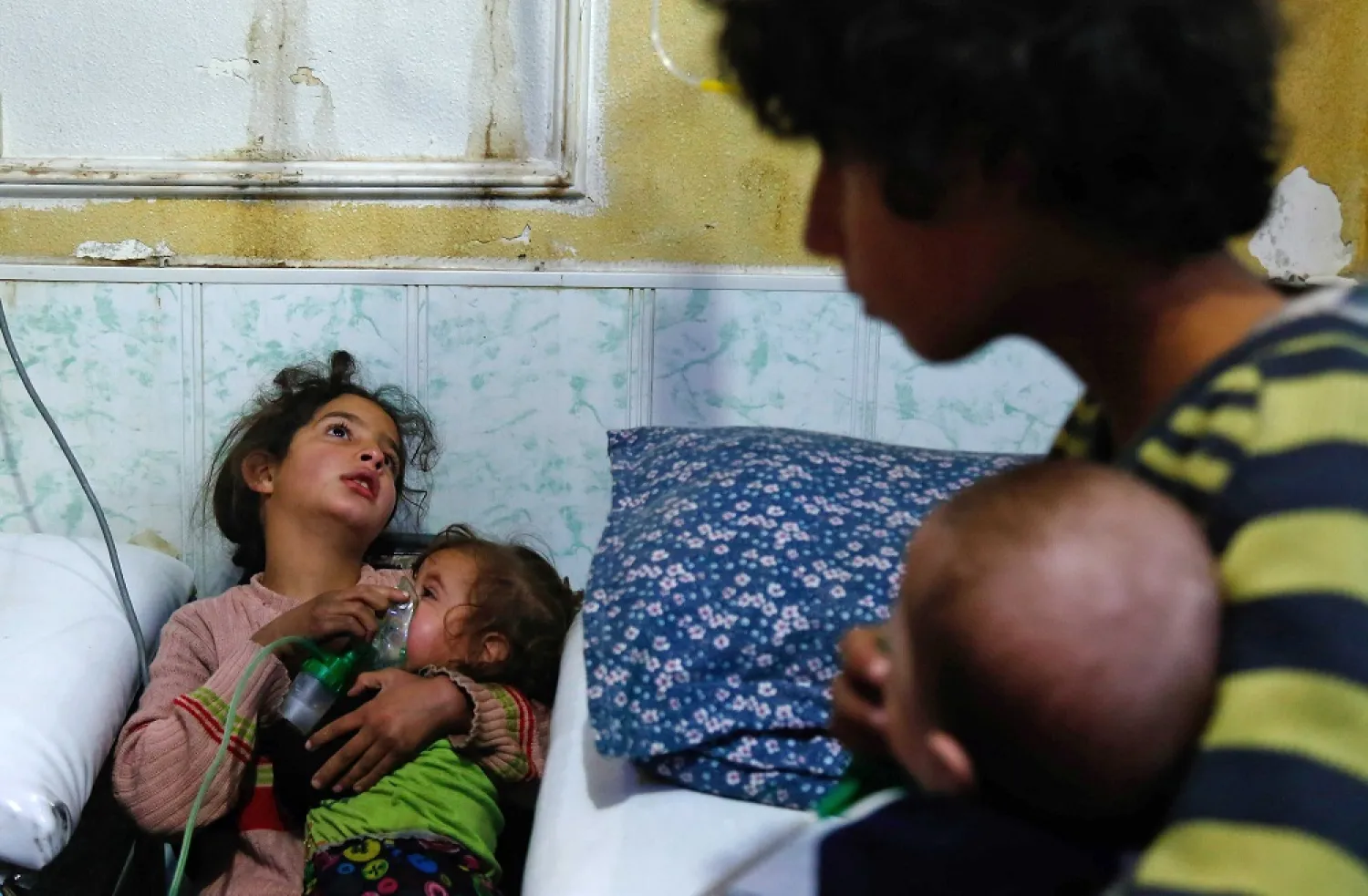Syria and Russia faced renewed pressure over allegations of chemical weapons use as member countries of the Organization for the Prohibition of Chemical Weapons (OPCW) met on Monday.
Damascus faced calls for sanctions at the OPCW after investigators accused the Syrian regime of sarin attacks in 2017.
Russia and Syria have repeatedly denied the accusations, alleging that Western powers have politicized the Hague-based OPCW.
Syria had failed to meet 90-day deadline set in July to declare the weapons used in the attacks on the village of Lataminah and to reveal its remaining stocks, OPCW chief Fernando Arias said.
"The Syrian Arab Republic has not completed any of the measures," Arias told the meeting.
He said "gaps, inconsistencies and discrepancies" remained in Syria's account of its progress on its 2013 agreement to give up all chemical weapons following a suspected sarin attack that killed 1,400 people in the Damascus suburb of Ghouta.
France proposed that the OPCW should "suspend the rights and privileges" of Syria for failing to meet the deadline, French ambassador Luis Vassy said, adding that the proposal was backed by 43 states.
These would include Syria's voting rights in the OPCW, depriving it of a voice at a body where it has been deflecting allegations of toxic arms use for years.
Russia meanwhile came under pressure over the poisoning of opposition figure Alexei Navalny, which the politician and western governments have blamed on the Kremlin.
The OPCW has confirmed traces of the Soviet-era nerve agent Novichok in samples taken from Navalny in hospital in Germany, where he is recovering.
Arias said the OPCW was still in talks with Russia to send a fact-finding team there to investigate the incident, he said.
In a joint statement, 55 countries including the United States, Japan, Canada, Australia and many in Europe said they "condemn in the strongest possible terms" the attack on Navalny.
They urged Russia "to assist... by disclosing in a swift and transparent manner the circumstances of this chemical weapons attack" on Russian territory.
The OPCW has 193 member states and won the Nobel Peace Prize in 2013 for its work in destroying the world's stocks of chemical weapons.









